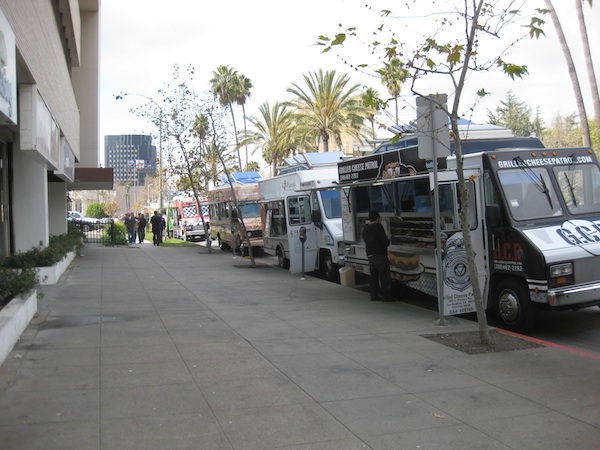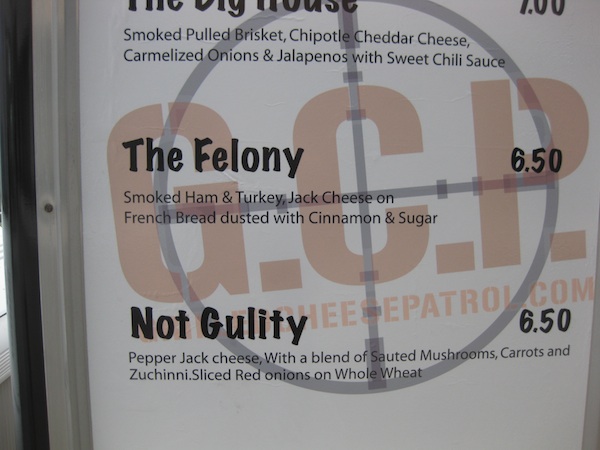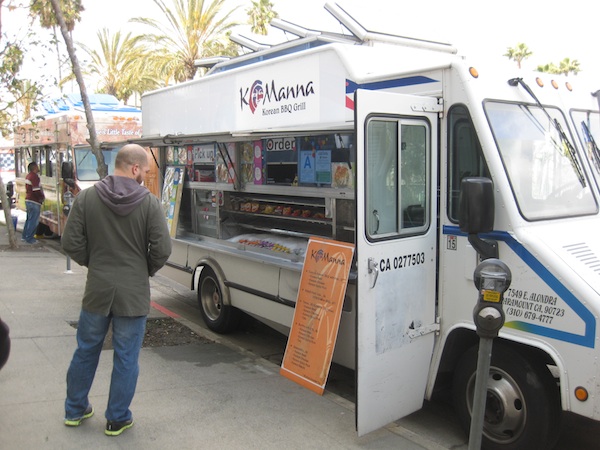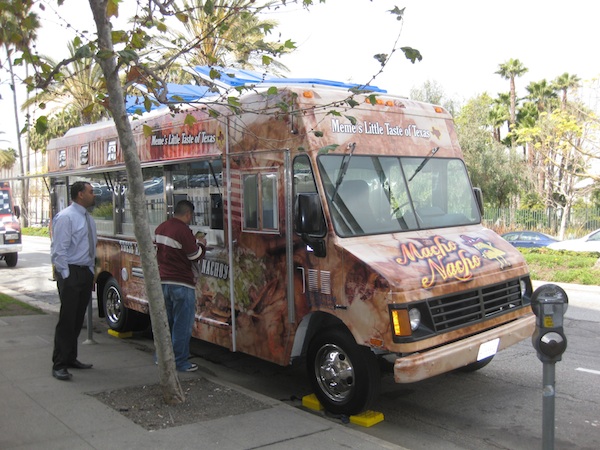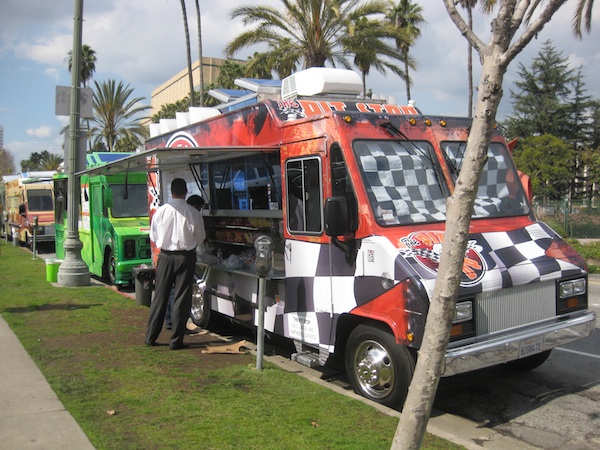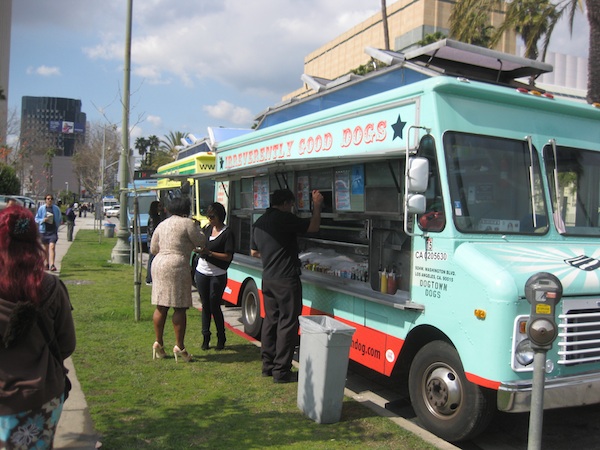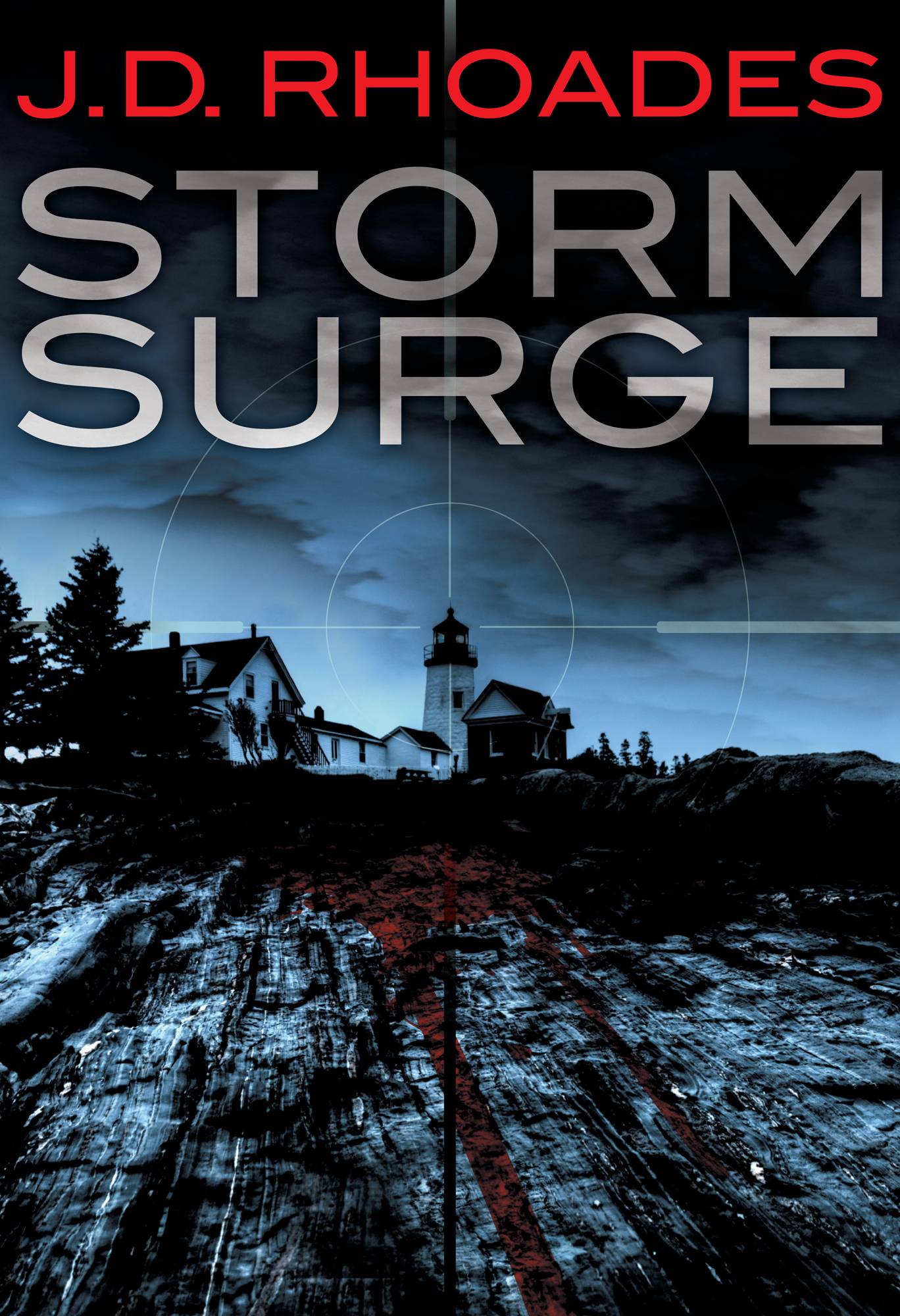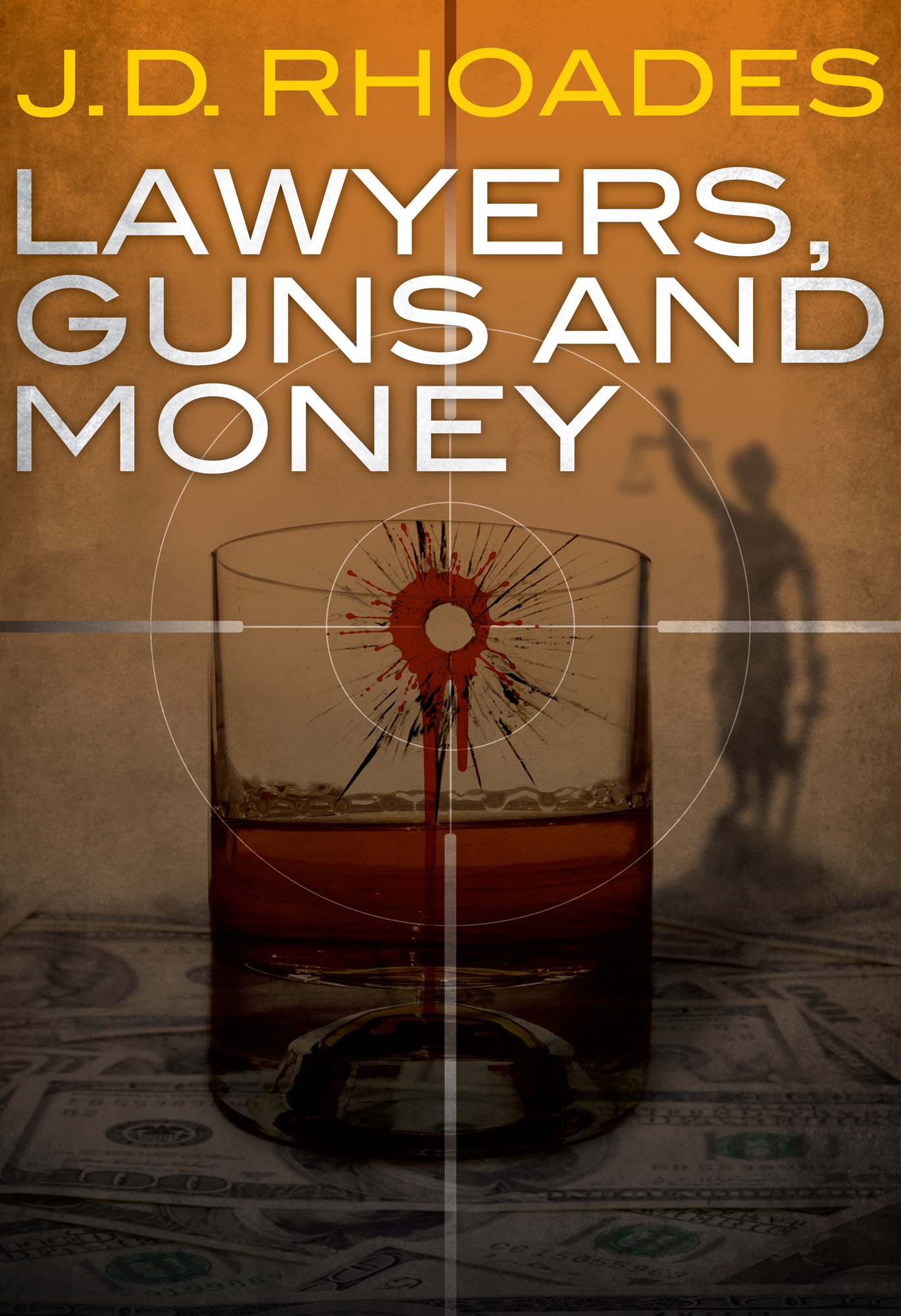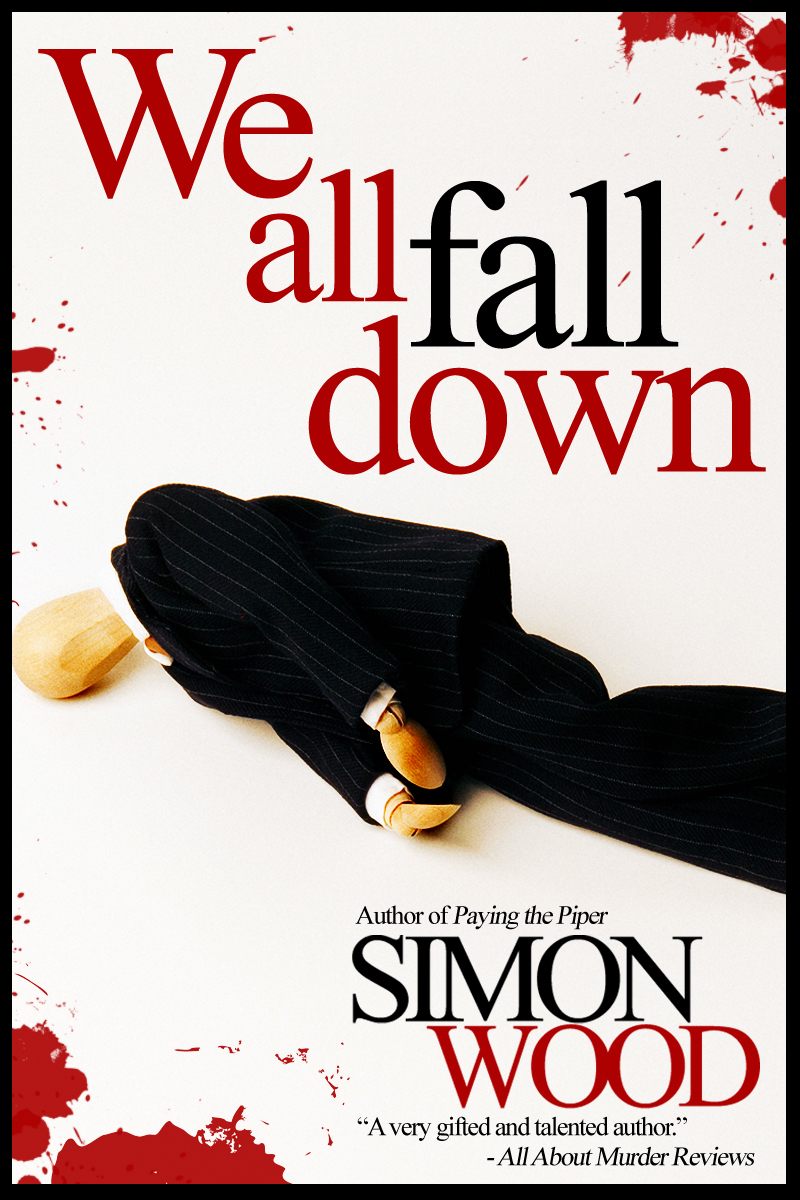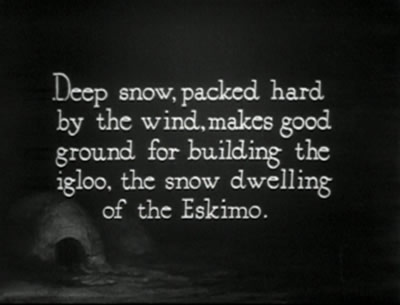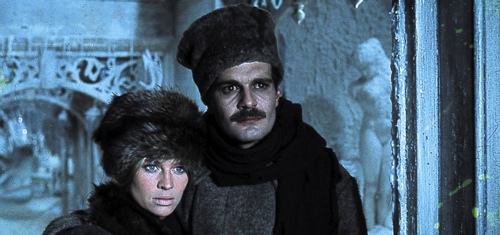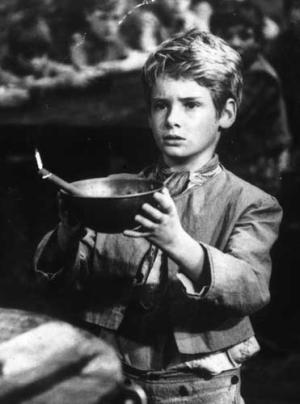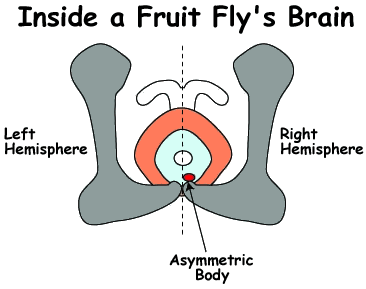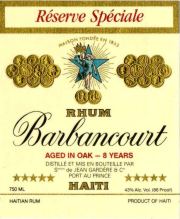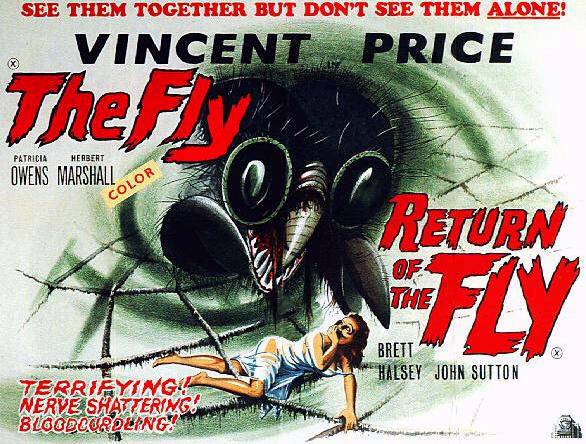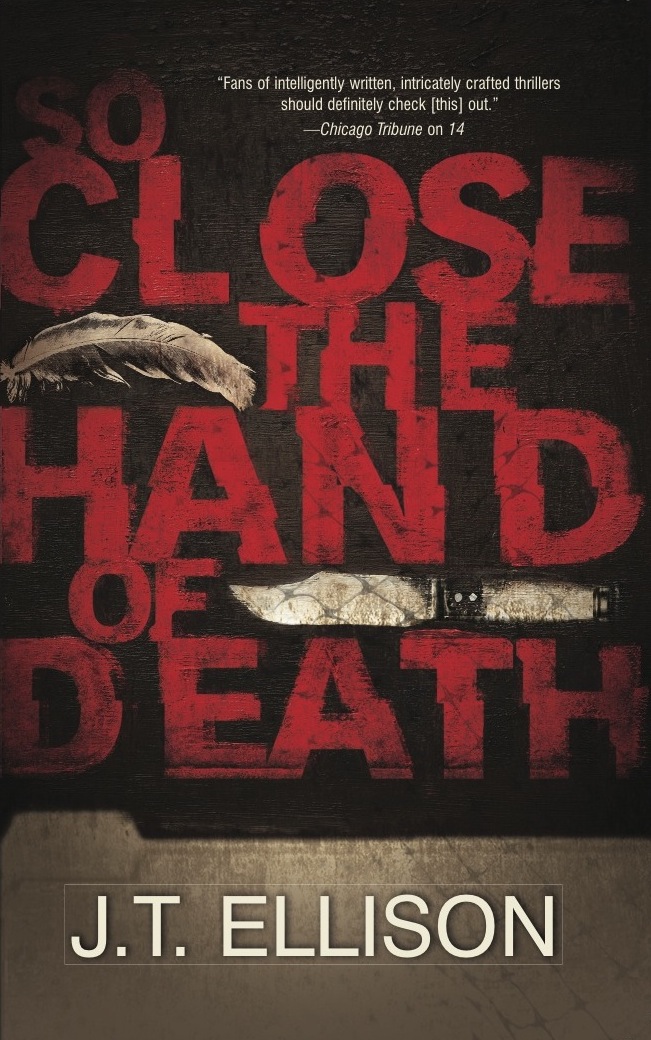Book Two in the Lucy Kincaid series, KISS ME, KILL ME, went on sale Tuesday, the same day as J.T. Ellison’s SO CLOSE THE HAND OF DEATH, of which I bought two copies — one for me, one for my mom. I gave my mom her copy today at my book signing and she will probably finish it long before me. (Probably? Most certainly, because I still have THE IMMORTALS to read . . . now I have both staring at me from my To Be Read Next shelf.)
I read J.T.’s debut book, ALL THE PRETTY GIRLS, as an ARC. I don’t remember exactly how this came about, except I think she asked me if I’d read it when we met at the first Thrillerfest in Arizona.
(As an aside, I would love to have a reunion Thrillerfest in Arizona. There was something about that conference that was so magical, I want to do it again.)
I remember where I started reading the book–in an airport. I don’t remember why I was in the airport, or where I was going, but I vividly remember drinking a beer while quickly flipping pages wanting to know what happened next. J.T. had me hooked.
I never offer a quote to books I don’t read, which means I don’t blurb a lot of books because I don’t have as much time to read as I used to. Too many times, I’ve said, “No promises, but send me the book and let me know when you need a quote” . . . and then the deadline passed and I never made it. I feel bad, but what can I do? I can’t quote a book I haven’t read, and J.T. is the primary reason for this rule.
More of my readers have THANKED ME for recommending J.T.’s book than any other book I’ve blurbed. They tell me they picked it up because of my quote, and were looking forward to the next.
I hadn’t been sold on the power of blurbs until I had multiple emails about J.T. I think it helps that we write in loosely the same genre (suspense) with a strong female protagonist. Readers who like my stories would be naturally attracted to J.T’s Taylor Jackson. But it also brings home the fact that if I don’t read a book and know what’s between the pages, I can’t in good conscious tell my readers it’s a great book. Because if it’s not, they’ll be disappointed, and the next book I blurb they won’t trust my recommendation, which doesn’t help anyone.
Anyway, while I haven’t read SO CLOSE THE HAND OF DEATH (yet), I’m confident that J.T. has written a story that is as good or better than her other Taylor Jackson books.
I’ve been blessed by three generous authors who have given me a quote: Mariah Stewart on my debut novel THE PREY, Lisa Gardner on SUDDEN DEATH, and Lee Child on LOVE ME TO DEATH. I appreciate all of them for taking the time–I know how valuable a writer’s time is.
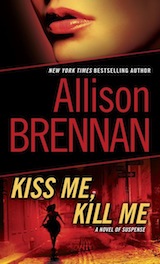
KISS ME, KILL ME is my sixteenth novel, the second in my Lucy Kincaid series. Writing a series is a lot different than writing loosely connected books with different heroes and heroines, but I’m really enjoying the change. I can grow Lucy and her boyfriend Sean Rogan over time, not needing to wrap everything up in a neat bow at the end of the book. Since the suspense plot is always primary in my stories, having this freedom with character is invigorating. I’ve already done two “firsts” with this series. In book one, I wrote my villain in first point-of-view. In book two, I didn’t go into the villain’s POV at all–a definitely first for me, because I love writing the villain’s point of view. And now I’m in the middle of book three, IF I SHOULD DIE, and while still a romantic thriller, the story backbone is more a true mystery . . . and there’s no serial killer. (Yes, someone . . . or some two . . . die, but no serial killer. SEE NO EVIL, TEMPTING EVIL and FATAL SECRETS aren’t serial killer books, either, so this isn’t a “first”, but it still feels different.)
Now, a little blatant self-promo for my new book . . . RT Book Reviews gave it four-and-a-half stars and said, “Lucy Kincaid’s saga continues in the second installment of Brennan’s riveting new series. This time Brennan tests her heroine’s emotional and intellectual strength on a missing-teenager case that horrifically intersects with a twisted serial killer. Lucy continues to be a fascinating and enticing character, and her ongoing development adds depth to an already rich brew of murder and mystery. Brennan rocks!”

And, two weeks ago, LOVE IS MURDER, my digital exclusive novella, hit the New York Times e-book list. I was stunned, but of course thrilled.
And the winner of Season One JUSTIFIED DVD set from my blog two weeks ago is . . . TRACY NICOL! Congratulations. Please email me at allison@allisonbrennan.com and I’ll ship a set out to you!
Now my question of the day: what was the last book you bought because of an author blurb? Have you ever bought a book because of an author quote only to be disappointed? Have you discovered a new favorite author because of another author’s recommendation? Comment for a chance to win a copy of LOVE ME TO DEATH, the first book in the Lucy Kincaid series.

